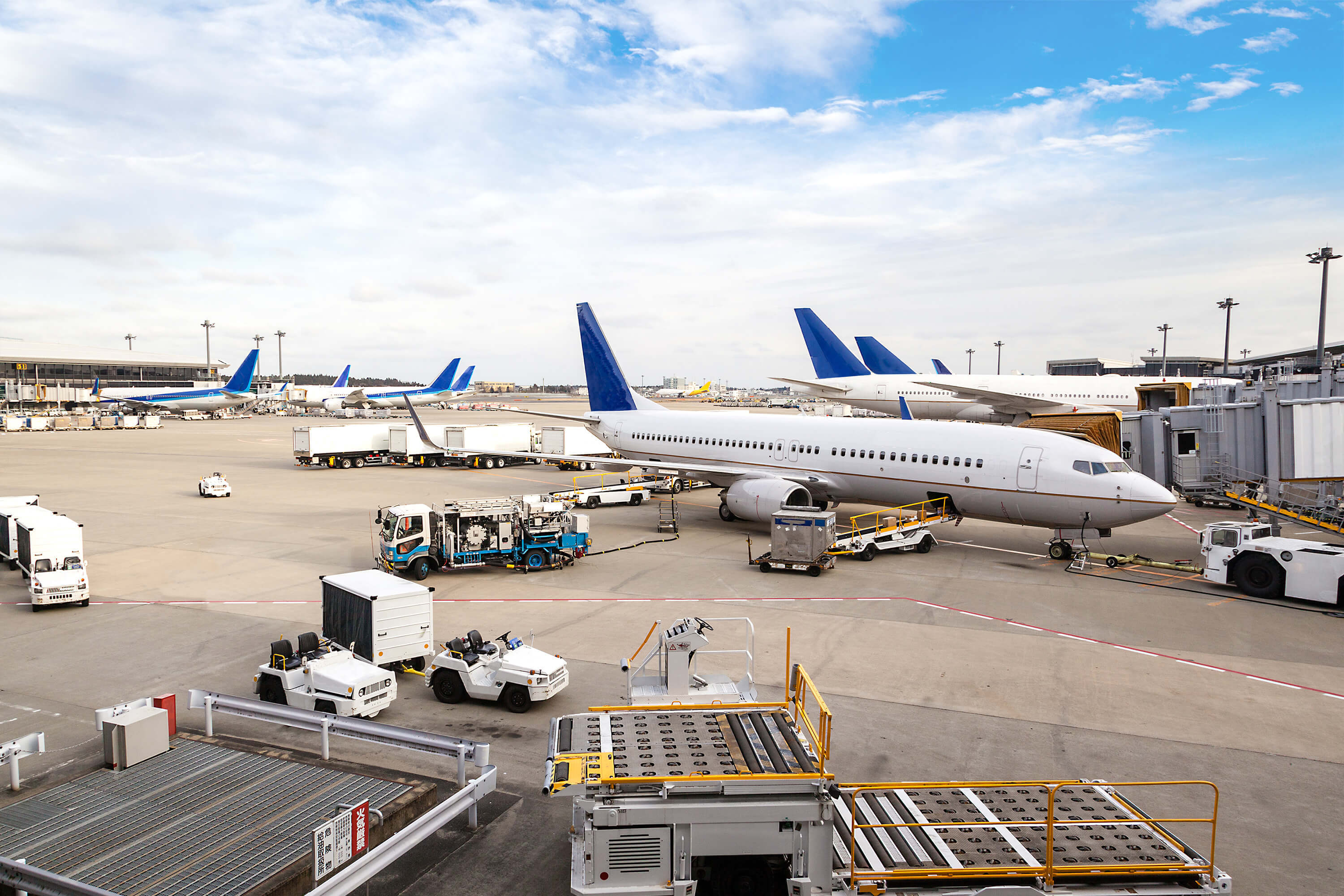NATO Air Defender 23: The largest exercise in NATO history

The North Atlantic Treaty Organization (NATO) is gearing up for its most ambitious and comprehensive military exercise to date. NATO Air Defender 23, scheduled to take place from the 12th of June until the 23rd of June, aims to strengthen the alliance's air defense capabilities and enhance interoperability among member nations. As tensions continue to rise in certain regions of the world, this exercise serves as a vital demonstration of NATO's commitment to collective defense and deterrence. Let us delve deeper into the significance and objectives of this landmark exercise.
NATO enhancing air defense capabilities
NATO Air Defender 23 has been meticulously designed to test and refine the alliance's air defense systems, processes, and command structures. In the face of evolving security challenges, it is crucial for member nations to maintain air superiority and effectively counter airborne threats. The exercise will feature an array of advanced fighter jets, ground-based air defense systems, and cutting-edge radar technology, allowing participants to train in complex scenarios and evaluate their operational readiness.
Interoperability and collaboration between NATO members
With over 30 NATO member nations participating, NATO Air Defender 23 provides an ideal platform to enhance interoperability and foster collaboration among allied forces. Joint exercises of this magnitude enable troops from different nations to train together, synchronize their operational procedures, and develop a common language of communication. By strengthening the ability of NATO forces to seamlessly integrate and operate cohesively, the alliance can respond more effectively to potential threats and challenges.
NATO simulation of realistic scenarios
NATO Air Defender 23 will simulate a range of realistic scenarios, drawing from current and emerging security threats. These scenarios include air-to-air combat, surface-to-air missile defense, surveillance and reconnaissance operations, electronic warfare, and coordination with naval and ground forces. By subjecting participants to diverse and challenging situations, the exercise aims to improve decision-making, enhance situational awareness, and refine tactical capabilities across the alliance.
In an era marked by geopolitical tensions and security concerns, NATO Air Defender 23 sends a clear message of deterrence. The scale and complexity of this exercise serve as a powerful demonstration of NATO's resolve to protect its member nations and maintain regional stability. By showcasing a robust and united air defense capability, the alliance reinforces its commitment to collective defense and underlines the futility of any potential aggression against its members.
NATO enhancing civil-military cooperation
Beyond military objectives, NATO Air Defender 23 emphasizes the importance of civil-military cooperation in responding to modern security challenges. The exercise will involve coordination with civilian air traffic control authorities, emergency response teams, and relevant governmental agencies. By practicing joint operations and communication with civilian counterparts, NATO aims to foster a comprehensive approach to security, ensuring the protection of both military and civilian assets.
NATO Air Defender 23 stands as a landmark exercise in the alliance's history, showcasing the collective strength, unity, and readiness of its member nations. By enhancing air defense capabilities, fostering interoperability, and promoting collaboration, this exercise enables NATO forces to respond effectively to evolving security challenges. It also sends a powerful message of deterrence, reaffirming NATO's commitment to safeguarding its member states and maintaining regional stability. As the world continues to navigate a complex security landscape, exercises like NATO Air Defender 23 serve as crucial stepping stones toward a safer and more secure future.
Latest posts
What to do if your flight is delayed or cancelled: Guide
Learn what you can do if your flight is delayed or canceled and how to make use of your rights.
What to do if you miss your connecting flight: A guide
Learn what to do if you miss your connecting flight. Tips on compensation, rebooking, and your rights!
UK flight compensation laws: What changed after Brexit?
Flight compensation in the United Kingdom post-Brexit: Claims for flight delays, cancellations, and denied boarding.
About MYFLYRIGHT
MYFLYRIGHT is a legal tech company, specialized in the support of airline passengers affected by flight delays, flight cancellations, denied boarding, delayed or lost luggage and the refund of unused airline tickets. MYFLYRIGHT was founded 2016 in Hamburg, Germany. The company operates out of 3 offices, its headquarter in Hamburg and its branches in Prague, Czech Republic and Zaporizhia, Ukraine. Currently, MYFLYRIGHT employs a team of around 25 people working in Marketing, Operations, Legal, Customer Support and IT. The organization operates across 5 markets – Germany, United Kingdom, Romania, Austria, and Switzerland.
MYFLYRIGHT’s goal is to provide access to justice for all aviation passengers who experience irregularities in their flight transportation. Notably, 75% of all compensation requests submitted by passengers get rejected. Whereas, MYFLYRIGHT is able to successfully execute the applicable customer claims in more than 98% of cases at court.












